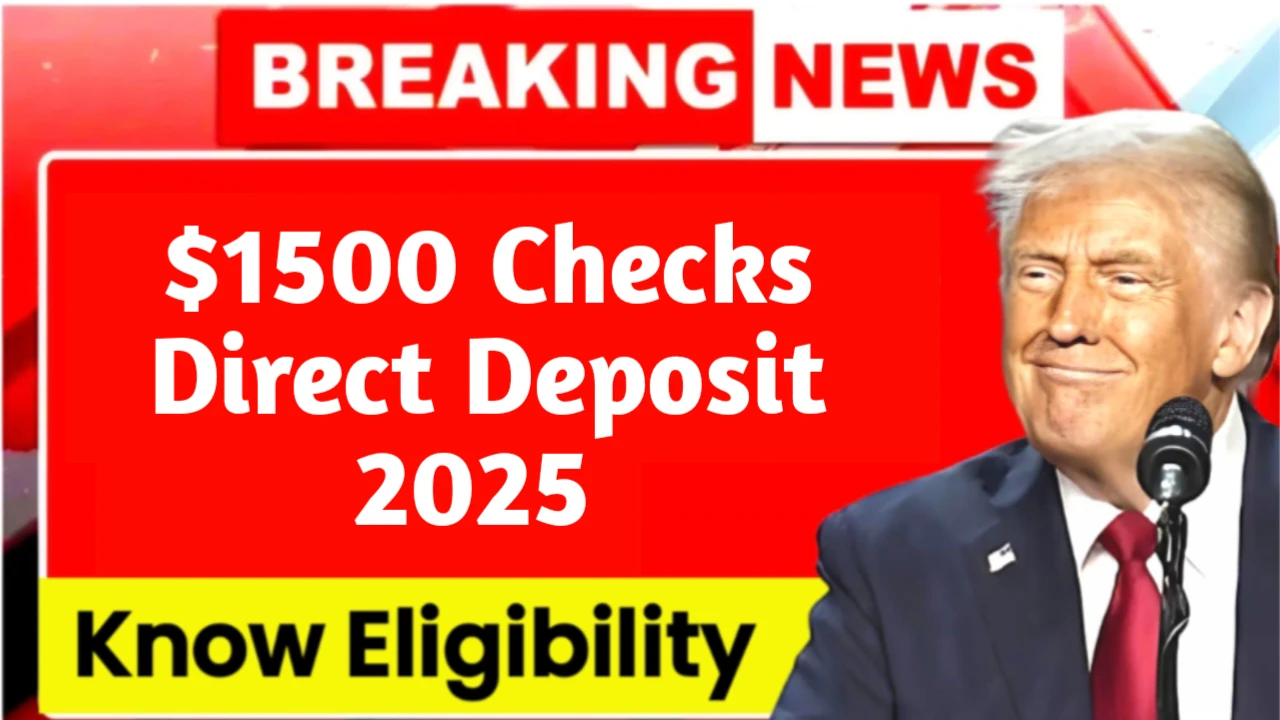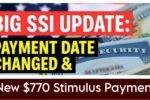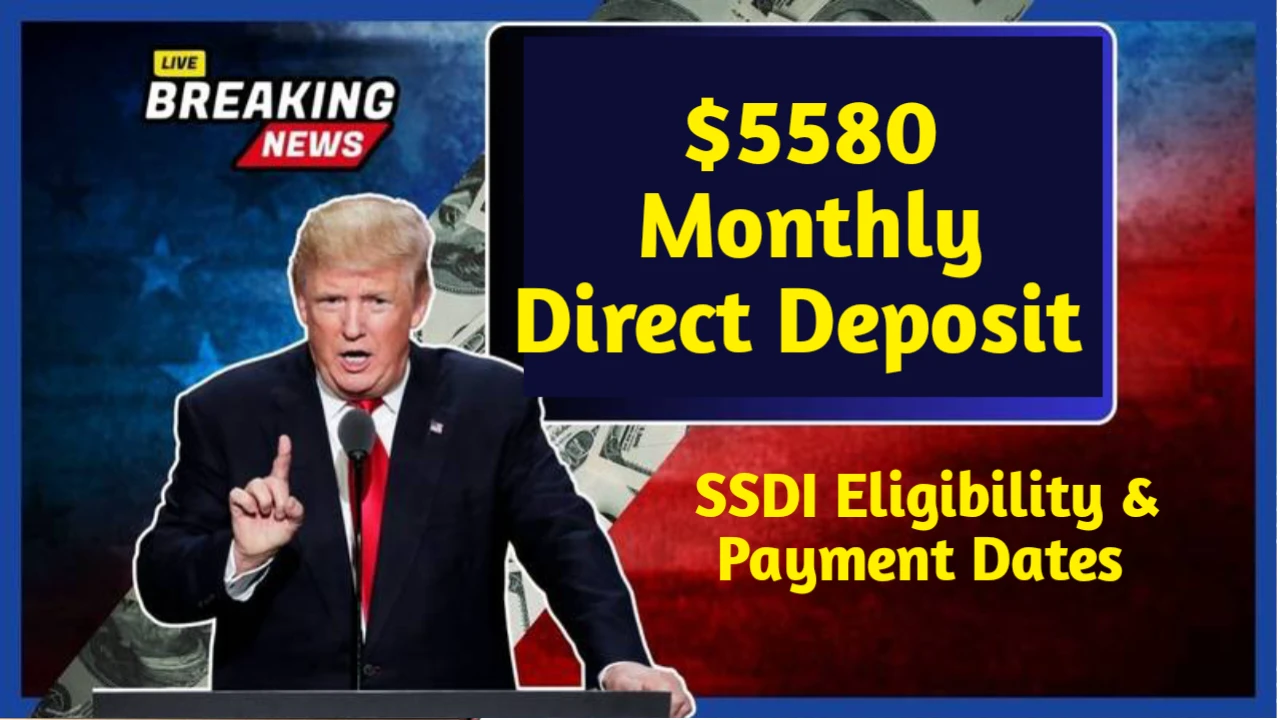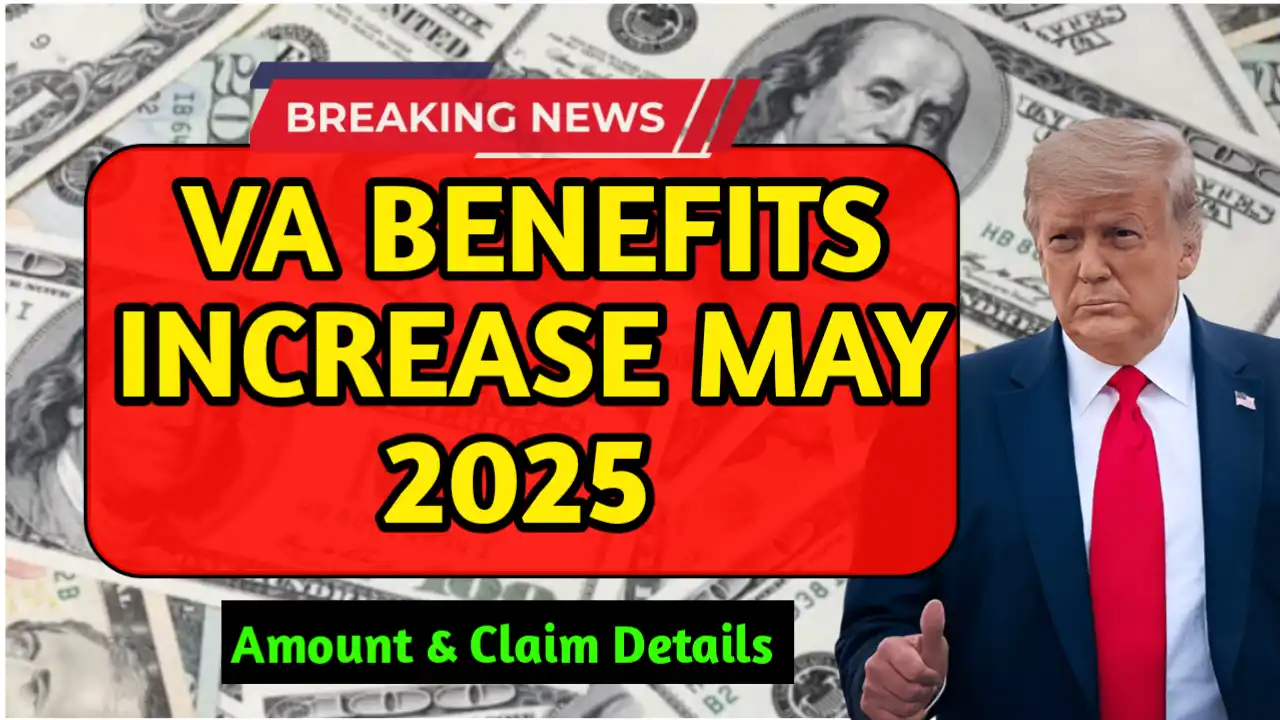$1500 Checks Direct Deposit 2025: Know Eligibility & Payment Dates In 2025, the discussion around economic relief payments continues to be a major concern for American families, particularly those in lower- and middle-income brackets. Among the most widely discussed developments is the potential release of $1500 direct deposit checks by the government as part of continued support to counter rising living costs, inflation, and economic instability. With financial pressures mounting due to higher grocery bills, rent hikes, and utility costs, this direct deposit could be a welcome relief for millions.
Government-issued relief checks are not new. In past years, similar payments have been made to help citizens recover from the impacts of the COVID-19 pandemic and economic downturns. These checks, if approved and distributed in 2025, will serve as a financial cushion to help Americans meet daily expenses. The goal of this article is to explore what we know about these proposed $1500 payments, who qualifies for them, how they might be distributed, and what the expected timelines look like.
What Are the $1500 Checks in 2025?
The $1500 checks refer to a proposed one-time direct deposit payment that the government may issue in 2025 to eligible individuals and families. While the federal government has not officially passed legislation as of early 2025, discussions are ongoing in Congress and among economic advisors to provide targeted support through this payment.
These checks are not a recurring benefit like Social Security or unemployment insurance. Instead, they are considered economic impact payments or stimulus payments, delivered by the Internal Revenue Service (IRS) based on taxpayer data and benefit records. If implemented, the $1500 amount would be directly deposited into the bank accounts of eligible recipients or sent as a paper check or prepaid debit card.
The proposal stems from ongoing economic strain faced by many households, especially those living paycheck to paycheck or struggling with inflation and job instability.
Eligibility Criteria for the $1500 Direct Deposit
To receive the $1500 direct deposit in 2025, individuals must meet certain eligibility requirements. These criteria are based on income, tax filing history, and citizenship or residency status.
Likely Eligibility Requirements:
- Tax Filing: Must have filed a federal income tax return for 2023 or 2024, or be receiving Social Security, SSDI, or SSI benefits.
- Income Level: Must fall below the defined income limits (see table below).
- Citizenship: Must be a U.S. citizen or legal resident with a valid Social Security number.
- Dependency: Individuals claimed as dependents on another person’s tax return may not be eligible to receive the payment directly.
These conditions are designed to ensure the checks reach those who need financial support the most.
Income Limits for $1500 Check Eligibility
The income limits play a key role in determining who will receive the full $1500 check and who may receive a reduced amount. The IRS will likely use the Adjusted Gross Income (AGI) reported on the latest filed tax return to assess eligibility.
| Filing Status | Income for Full Payment | Phase-Out Begins |
|---|---|---|
| Single | Up to $75,000 | $75,001 |
| Head of Household | Up to $112,500 | $112,501 |
| Married Filing Jointly | Up to $150,000 | $150,001 |
If your income falls above the phase-out range, the amount of the check will be gradually reduced. High-income earners may receive a partial amount or be excluded entirely.
Payment Schedule and How Direct Deposits Will Work
The government, through the IRS, is expected to prioritize direct deposit as the fastest and safest method for distributing the $1500 checks. Individuals who have previously provided their banking information will receive the payment automatically in their linked accounts.
If the payments are approved by mid-2025, the disbursement schedule may look like this:
| Payment Method | Estimated Timeline After Approval |
|---|---|
| Direct Deposit | Within 2 weeks |
| Paper Check | 2–4 weeks |
| Prepaid Debit Card | 3–5 weeks |
To avoid delays, recipients should ensure their tax records are up to date and their bank account details are accurate with the IRS.
Steps to Ensure You Receive the Payment
Here are a few proactive steps individuals can take to avoid missing out on the $1500 payment:
- File your 2023 or 2024 tax return, even if you have no income or are a non-filer.
- Update your direct deposit information on IRS tools or through your tax filing.
- Ensure your address and contact details are current if you expect to receive a paper check.
- Check eligibility regularly on official government platforms.
- Verify your tax return status if you’re waiting on a refund, as pending filings may delay payment.
These steps are crucial to receive your funds without complications once the program is launched.
Who Might Not Qualify?
The following groups may not be eligible for the $1500 check, depending on final legislation:
- Individuals with income above the phase-out limit
- Those claimed as dependents on someone else’s return
- Non-resident aliens
- Individuals without a valid SSN
- Taxpayers with significant unresolved tax issues or fraud flags
It’s important for individuals in these categories to check with the IRS or a tax professional for specific advice.
FAQ
Q1. Is the $1500 payment officially confirmed?
As of now, it is still under discussion. No final decision or law has been passed yet.
Q2. Do I need to apply separately for this payment?
No application is needed. If approved, the IRS will use your tax return or benefit records to process the payment.
Q3. Can seniors and people on disability receive the check?
Yes, recipients of Social Security, SSI, or SSDI may qualify, even without recent tax filings.
$1500 Checks Direct Deposit 2025: Know Eligibility & Payment Dates
The proposed $1500 direct deposit checks in 2025 represent a continued effort to support Americans during economically uncertain times. While the payment is not yet guaranteed, it remains a possibility as lawmakers evaluate the financial needs of citizens in light of ongoing inflation and economic shifts.
Eligible individuals should stay alert, keep tax documents updated, and ensure that their personal and banking details with the IRS are accurate. These proactive steps can make all the difference in receiving timely support if and when the checks are approved. As more updates unfold, individuals can follow official government sources to confirm payment details and eligibility status.






